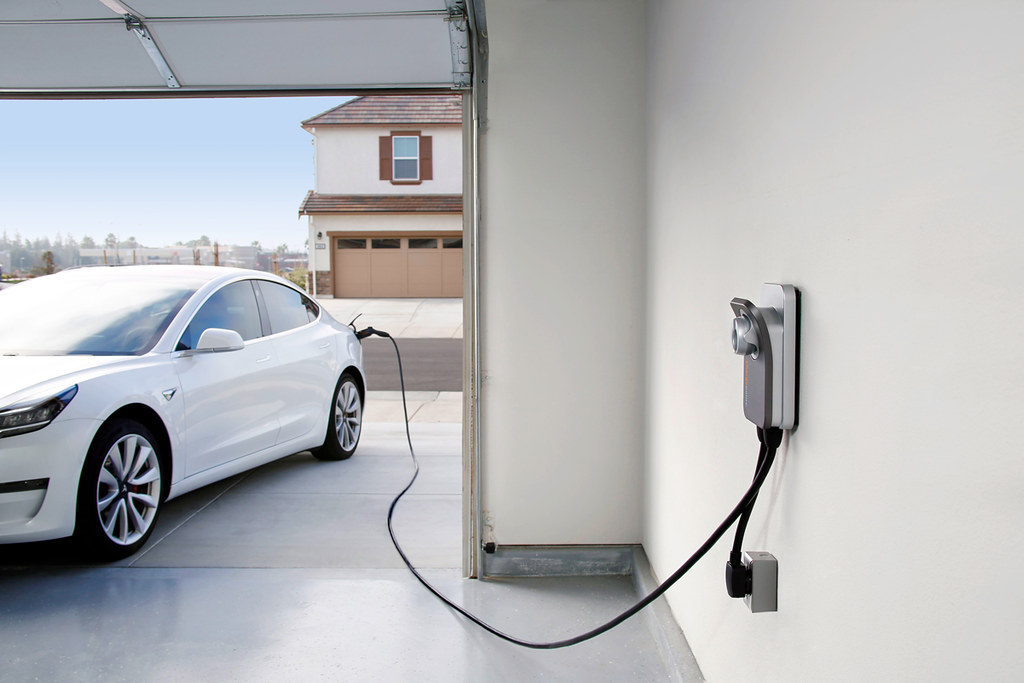Charging Options at Home
As electric vehicles (EVs) continue to grow in popularity, at-home charging is becoming more convenient than ever. Whether you live in a house or condo, learn about Level 1 and Level 2 charging options, installation costs, and easy, hassle-free solutions that fit your lifestyle.
Differences Between Level 1 and Level 2 Charging
Setting up the right home charging solution for your EV can streamline your daily routine. Whether you’re just getting started or seeking faster charging, both Level 1 and Level 2 chargers offer distinct advantages to fit your needs in Manitoba. Here’s how they compare:
Level 1
Level 2
Charging Speed
Plug into a standard 120-volt outlet to add about 8 km of range per hour—ideal for overnight charging when you’re not in a hurry.
Charging Speed
For faster results, use a 240-volt outlet to gain up to 30 km of range per hour—perfect for daily, quick recharges.
Installation
No installation needed—just use the charger that comes with your EV.
Installation
Requires a charging station and an electrician for setup, but it's worth the investment for faster, everyday charging.
Convenience
Suits overnight charging and shorter trips like dropping the kids off at school or running errands.
Convenience
Perfect for Manitobans that drive frequently, offering fast and reliable charging to ensure your vehicle is ready for longer trips like visiting family or going on fishing trips.
Understanding the Costs of Charging at Home
The cost of installing an EV charger at home can vary depending on the type of charger and the complexity of the installation. Here’s a breakdown of what you can expect:

Charger Costs
Level 1:
No extra cost! These chargers typically come with your electric vehicle and use a standard 120-volt household outlet.
Level 2:
Purchasing a Level 2 charger typically costs between $500 and $1,500 CAD, depending on the brand, features, and weather durability, which is especially important for -30º Manitoba weather.
Installation Costs
Installing a Level 2 charger requires hiring a certified electrician, which can range from $1,000 to $3,000 CAD. The price depends on factors like whether your electrical system needs upgrades, how far the charging station is from your breaker panel, and whether you opt for a hardwired or plug-in unit.
Other Considerations
Electrical Upgrades:
If your home’s electrical system needs upgrading (e.g., adding a 240-volt outlet or increasing capacity), that can add extra costs.
Permits and Compliance:
Depending on local building codes, you may need permits or inspections, which can add to the overall cost.
Permission:
If you’re installing an EV charging station in a condo, residents should get approval from the condo board and follow to any relevant bylaws or regulations.
Electrical Capacity:
Assessing the building’s electrical capacity is essential to determine feasibility and potential upgrades required for EV charging installation. For example, older homes or condo’s electrical infrastructure may be less likely to have the necessary power compared to a newer building.

Electric Vehicle Charging Options at Home, Condos, and Apartments
As electric vehicles (EVs) become increasingly popular across Canada, EV owners are interested in the convenience of at-home charging. With various options available and considerations

Electric Vehicle Charging Options at Home, Condos, and Apartments
As electric vehicles (EVs) become increasingly popular across Canada, EV owners are interested in the convenience of at-home charging. With various options available and considerations